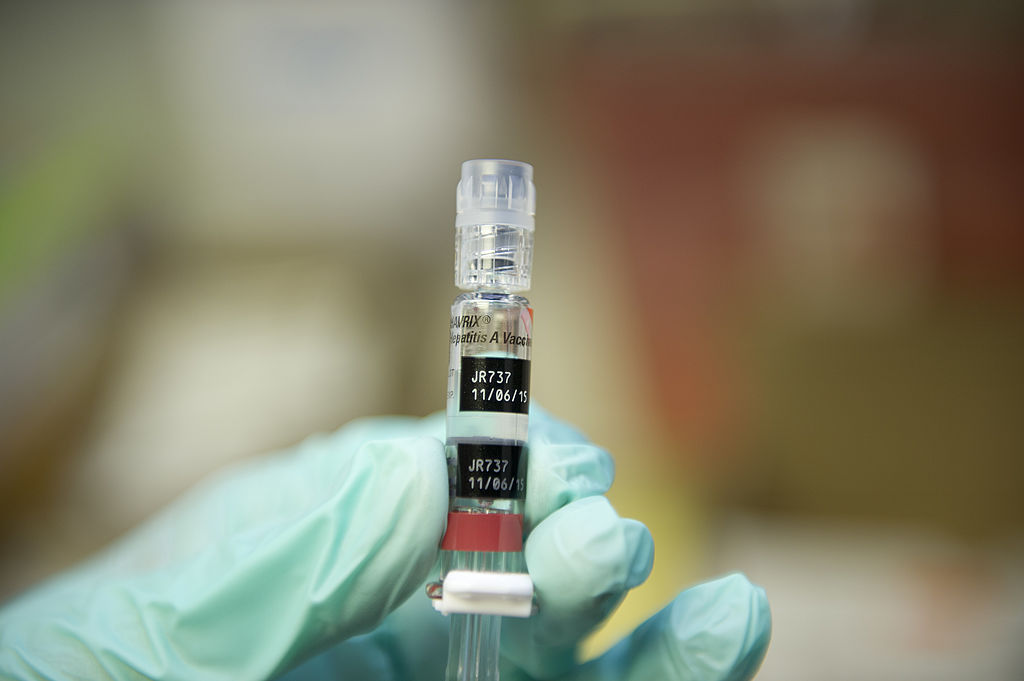Health officials continue to be baffled by the rising cases of severe hepatitis in children in 33 different countries.
The latest update from the World Health Organization (WHO) reported at least 650 children got diagnosed with a mysterious severe hepatitis infection since April.
The rise in the number of cases has been puzzling experts who are still trying to come up with a logical explanation for the situation.
The cases were documented in 33 countries, and at least 38 of the children required a transplant. On the other hand, nine have already died due to the condition.
In a statement released Friday, the WHO revealed that upon assessing the risk at the global level, the infection in children was only “moderate.”
Thus far, European countries have the most cases, with 222 probable infections reported in the United Kingdom and Northern Ireland, as per CBS News.
Data from Europe revealed that 75% of the kids with severe hepatitis infection were under the age of 5. Additionally, 60% of the 181 kids tested for adenovirus reported positive. Of the 188 tested for COVID-19, only 12% reported positive.
Of the total cases in Europe, only 63 had data on COVID vaccination, revealing that 84% of them had been vaccinated against the novel coronavirus.
The cause of the hepatitis outbreak in kids is still unknown. The Centers for Disease Control and Prevention (CDC) urged parents to be vigilant and look out for symptoms in their children.
The public health agency listed the common symptoms found in children diagnosed with the condition on its website. The list includes the following: fever, fatigue, loss of appetite, nausea, abdominal pain, dark urine, light-colored stools, joint pain, and jaundice.
One of the possible causes being examined by medical experts is adenovirus. However, the WHO said that the manifestations of the virus do not capture the “more severe clinical picture” observed in the confirmed cases.
Compared to earlier reports on the situation, the WHO described the cases as “more clinically severe” and more likely to lead to “acute liver failure” in its latest update.
















